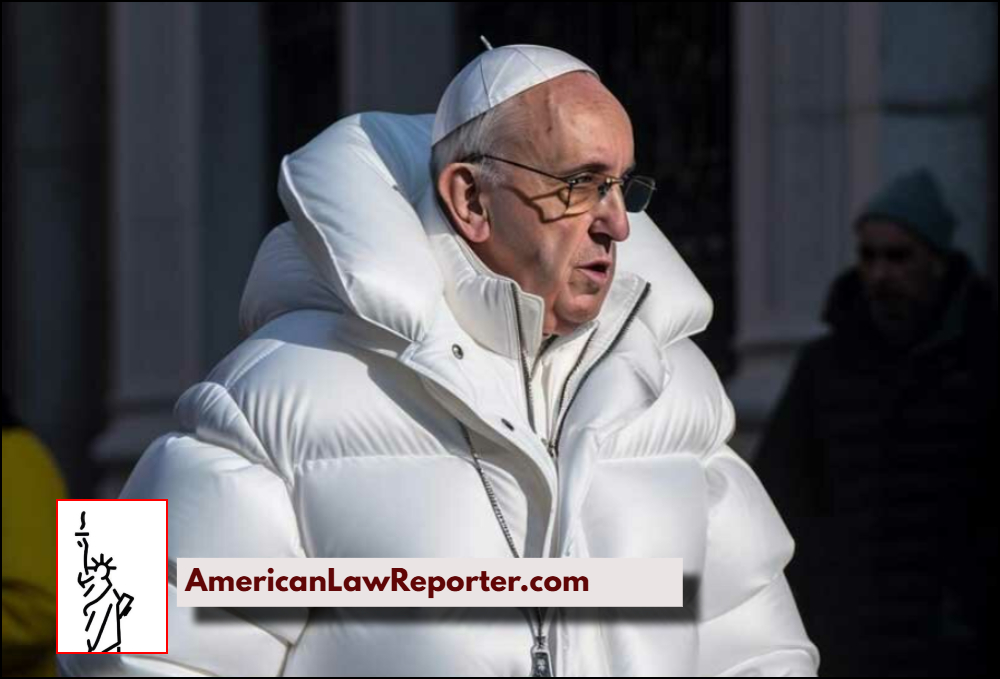Denmark is on track to become the first country in the world to allow individuals to copyright their own face, voice, and body, in a bold move to combat the misuse of artificial intelligence and protect citizens from unauthorized deepfake content.
The proposed legislation, championed by Danish Culture Minister Jakob Engel-Schmidt, will give citizens the right to demand the removal of AI-generated deepfakes that use their likeness or voice without consent—and to seek compensation for any harm caused. If passed, the law will be a global legal milestone in digital identity protection in the age of artificial intelligence.
The proposed amendment to Denmark’s copyright law is set to be introduced by summer 2025, with legislative resumption expected in fall 2025. Engel-Schmidt said the country’s existing legal framework is not equipped to handle the threats posed by synthetic media and AI-generated impersonations. Once enacted, the law will allow residents to request takedowns of such content from platforms or websites and to pursue legal remedies, including fines against violators.
“This is about protecting the fundamental right of citizens to control their own image and voice in the digital age,” Engel-Schmidt said in statements reported by The Guardian and CNN. The proposal enjoys strong parliamentary support, with nine out of ten parties in favor of the update.
Addressing the Growing Threat of AI Deepfakes

Deepfake technology—which uses AI to create highly realistic but fabricated videos and images—has grown increasingly sophisticated. High-profile examples include viral fake videos of tech moguls like Elon Musk and Jeff Bezos appearing in sci-fi scenes, as well as a widely circulated AI-generated image of former President Donald Trump in police custody.
While the Danish proposal allows for the use of deepfakes in clear parody or satire, it draws a firm line on unauthorized impersonation, particularly when such content can spread disinformation or cause reputational damage.
This distinction mirrors free speech protections in the United States, where parody and satire are generally exempt from liability. However, Denmark’s legislation could become a legal model for balancing individual rights with creative freedom in a rapidly evolving AI landscape.
How Denmark Compares to the Rest of Europe

Other European countries have taken steps to regulate deepfakes, though none have yet granted citizens copyright over their likeness. France enacted the SREN Law in May 2024, criminalizing the unauthorized sharing of deepfakes—even if labeled—with penalties of up to three years in prison and €75,000 in fines. The UK’s Online Safety Act 2023 targets sexually explicit deepfakes, criminalizing their creation or distribution with potential two-year prison terms.
At the EU level, the Artificial Intelligence Act, which came into force in August 2024, requires deepfakes to be clearly labeled and include watermarks or metadata tags identifying them as synthetic content. But Denmark’s legislation goes further by giving individuals enforceable rights to control and protect their digital identity.
Implications for the U.S. Legal Community

While the United States does not yet recognize a federal right to copyright one’s own face or voice, Denmark’s move could reignite discussions among American lawmakers and civil liberties advocates. Currently, U.S. remedies against deepfakes are fragmented, relying on state-level statutes around defamation, likeness rights, and privacy, alongside a patchwork of intellectual property claims.
Legal scholars and digital rights organizations have raised concerns about the growing misuse of AI in political propaganda, revenge porn, and fraudulent impersonations. As deepfake technology becomes more accessible, calls for a comprehensive federal law on AI-generated content are growing louder.
Denmark’s proposed law, if successful, could serve as a legal blueprint for future legislation worldwide—raising questions about how governments can strike a balance between innovation, creative expression, and the protection of individual identity in an AI-dominated media landscape.
Denmark’s pending legislation to copyright personal likeness and voice in the face of AI deepfakes represents a turning point in digital identity law. As deepfakes become harder to detect and more widely used, American legal professionals may soon find Denmark’s approach instructive in shaping U.S. legal standards around consent, content ownership, and AI accountability.

